I was wondering, should the entities have the capability to save changes to the context? Or have business logic that relates to that particular entity? For example:
ActionResult ResetPassword(UserViewModel viewModel)
{
var user = userCollection.GetUser(viewModel.Username);
user.ResetPassword();
}
where:
class User : Entity
{
public string Password{ get; set; }
public ResetPassword()
{
Password = ""
context.SaveChanges();
}
}
I find this a bit weird since the entity would have a reference to the context. I am not sure whether this would work either - or whether this is recommended. But I want to work on a domain where I do not have to worry about saving changes, at a higher level etc. How can I accomplish this?
Thanks!
Update
I have updated my example - hope its a bit clearer now :)
